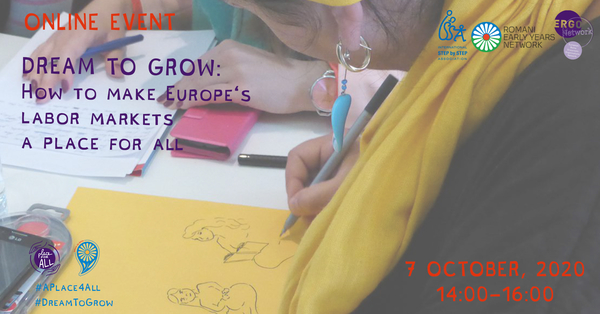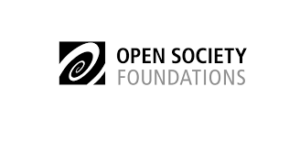Centre de Médiation des Gens du Voyage et des Roms, Belgium:
Since 2001, the CMGVR has been active with both the Roma and the Traveller communities, providing daily social and administrative help, as well as support for their professional integration. As a mediation body, it makes the relation with authorities, institutions and services easier and more effective for Roma families. The CMGVR proposes frequent supervisions for local authorities, and trainings for Roma mediators and social, educative, administrative and health workers. Our NGO also tries to support the effective participation of Roma and Travellers at the discussion tables on national, regional and local levels and ensures that Roma and Travellers’ claims reach the political level.
New local projects of integration through housing
For a number of years, the CMGVR has drawn attention to an alarming observation: the number of Roma families in situation of homelessness is increasing, not only in Brussels but also in other Belgian cities. To this day, there is hardly any humanitarian (and even emergency) answer to the worrisome situation of these families and children. Recently, the difficulties they face have even worsened with the introduction of the “anti-squat law”.
Beyond to the lack of infrastructure and regulation, an additional difficulty lies in the family dimension of homelessness faced by Roma, as most of the existing initiatives meant to tackle homelessness or develop housing insertion are conceived for individuals, not for families. This observation holds for the most basic housing support like emergency night shelters, the great majority of which are not accessible to children. Beyond short term emergency sheltering, Roma people face numerous obstacles on the rental market and in accessing social housing.
In the face of this significant lack of perspectives for families living in precarious housing conditions, the CMGVR has decided to innovate and launch local projects of insertion through housing. At this time, two families have been provided with temporary housing (6 months to a year). These projects are developed in partnerships with local authorities and with the social housing public and private agencies. They are inspired by the method of “Housing First”[1] and have the ambition of bringing marginalized families back into regular social and administrative rights. The CMGVRW thus follows up on the accompaniment of these families with social, educational, administrative and health support.
This experience has shown that housing insertion comes with an increased ability for families to cope and stabilize other areas of life, which they could not address while living in the streets. The numerous positive outcomes of these local projects illustrate that while there are no ready-made solutions, some successful operational practices do exist and should be developed on a wider scale.
Working in the context of a sanitary crisis
In 2020, the CMGVR has had to adjust its projects and services to the global pandemic of COVID-19, particularly during the lockdown period.
From the very beginning of the healthcare crisis, the CMGVR became aware that communicating about COVID-19 would be a major challenge, particularly for the most “vulnerable” groups, for whom language barriers or situations of socio-economic poverty might hinder access to information or health care. All through the confinement period, the CMGVR team thus made sure to maintain optimal communication and follow-up with Roma and Traveller families. As early as March 2020, the CMGVR launched a wide information campaign about the COVID-19 crisis and the sanitary measures recommended by the government. As the government decisions and confinement phases evolved, the information was regularly updated and made available on social networks, as well as through mails and texts translated into several Eastern European languages (including romanes). The objective was to respond to the many fears and questions raised by the pandemic, and to ensure that the sanitary measures were understood and applied by all.
The CMGVR also sought to support health care professionals by offering translation services to hospitals, medical houses and general practitioners in order to facilitate communication with Roma individuals and families. Similar services of translation and mediation were also offered to schoolteachers and other educational actors as schools reopened, both in June and in September 2020.
Now that the lockdown period is over, the CMGVR has resumed its on-site projects and accompaniment, notably its mobile school support project, which provides complementary learning support to Traveller families and children with a focus on reading, writing and calculation. The CMGVR also offers school support to Roma children who face language or learning difficulties.
[1] “Housing First” is the name of a method meant to tackle homelessness, based on the idea that any effective inclusion process starts with a decent place to live. In this logic, providing homeless people with an individual and permanent housing is a prerequisite for durable inclusion.
 This conference is kindly supported by the European Union Programme for Employment and Social Innovation EaSI (2014-2020).
This conference is kindly supported by the European Union Programme for Employment and Social Innovation EaSI (2014-2020).






 Program. The program has been providing continous support to the Romani Early Years Network initiative since its start.
Program. The program has been providing continous support to the Romani Early Years Network initiative since its start. 
